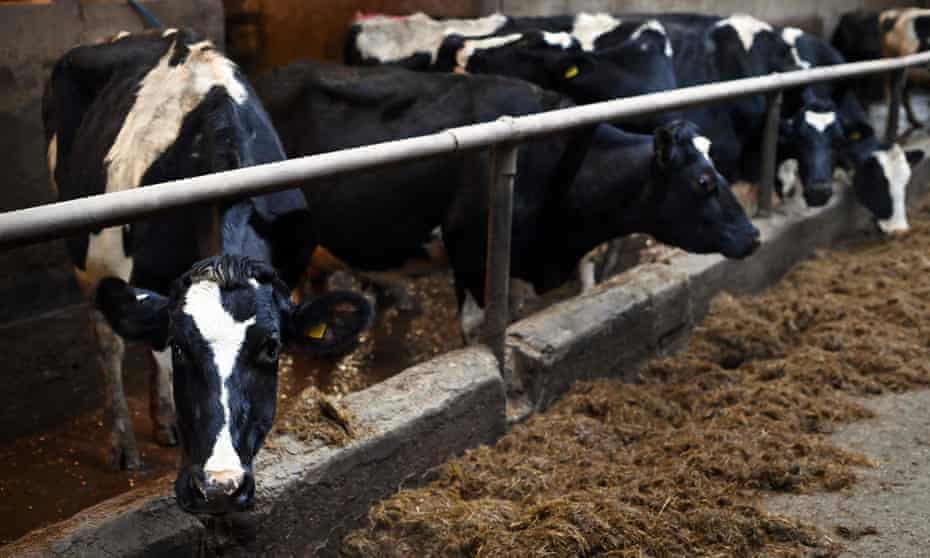The UK is cut off from information about the food supply chains in Europe, which raises the possibility of further scandals, according to the head of the 2013 horsemeat scandal investigation, Entrepreneurng report.
The government investigation into the issue involving the use of horsemeat in place of beef in several products was presided over by Professor Chris Elliott. After tests proved that they had been tampered with to include horsemeat, millions of goods were removed from shop shelves.
Elliott claimed that Brexit meant the UK no longer benefited from membership in and intelligence briefings of the EU Agri-Food Fraud Network (FFN), which aids in coordinating actions regarding cross-border food fraud, ten years after the scandal.
We have lost a lot of control over the food we eat, especially food produced outside the UK, according to Elliott, professor of food safety and founder of Queen’s University Belfast’s Institute for Global Food Security. Intelligence fraud that is occurring or is suspected to be occurring in continental Europe is no longer shared. According to Elliott, he received more information from FFN contacts personally than “the entire UK government” now has access to.
He claimed that Rotterdam, Netherlands, one of the largest food ports in the world, no longer provides the UK with intelligence from checks. Additionally, UK ports lack the necessary capabilities or infrastructure to carry out equally thorough inspections of food imported straight from the EU or from other nations.
The majority of shipments containing animals and animal products imported from non-EU nations are examined at border checkpoints, but the government has repeatedly postponed inspections of shipments from EU nations. A new system of post-Brexit border inspections will be implemented beginning at the end of October, the ministers confirmed this month.
Elliott stated that he was also concerned about England’s budget cuts for the investigators of food fraud and safety. “Local authorities have drastically reduced food surveillance,” he claimed. Private audits do exist, but many of them are useless.
Following a Farmers Weekly investigation, it was revealed last month that a criminal inquiry was being conducted into claims that a dishonest meat supplier had mislabeled significant amounts of imported pork as British. There is no proof that it was dangerous or that there was a higher risk for consumers, according to the Food Standards Agency (FSA).
Overall improvements in the fight against food fraud after the horsemeat incident can be attributed in part to the FSA’s National Food Crime Unit, which was one of the primary recommendations.
Additionally, he claimed that with the establishment of the Food Industry Intelligence Network in 2015, which includes members from the retail, food manufacturing, and hotel industries, there has been a better exchange of information within the sector. The effects of Brexit have brought us behind.
“According to a representative for the Department of Environment, Food, and Rural Affairs, “We support British farmers, which is why we implement strict biosecurity controls on high-risk imports to ensure no products cross our borders which could pose a risk to the industry.”
Conclusion
We regularly cooperate with the National Food Crime Unit to combat food fraud and promote the sale of locally grown, premium British produce. We also closely monitor new outbreaks around the world, evaluate potential threats to our food supply chain, and rigorously monitor emerging outbreaks. Additionally, we are authorized to inspect and seize products that are not compliant, and we will do so without hesitation.
Source: The Guardian


